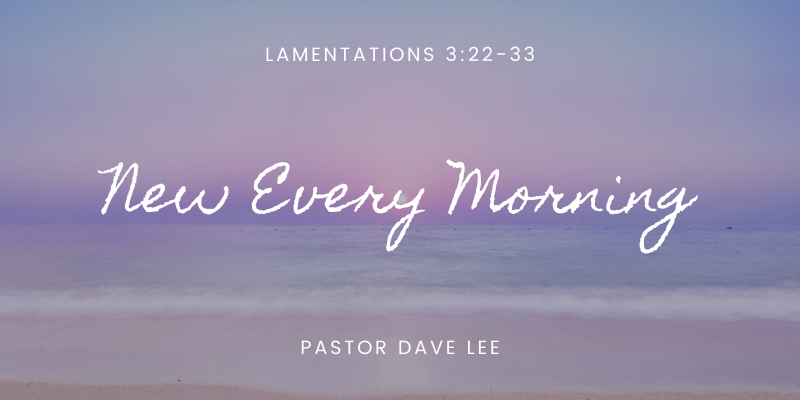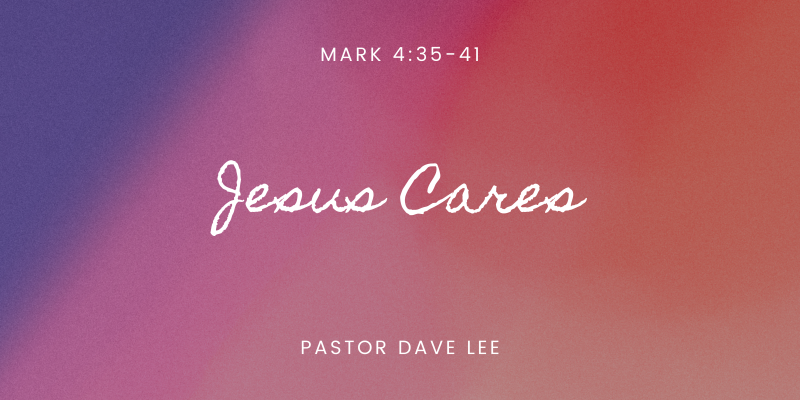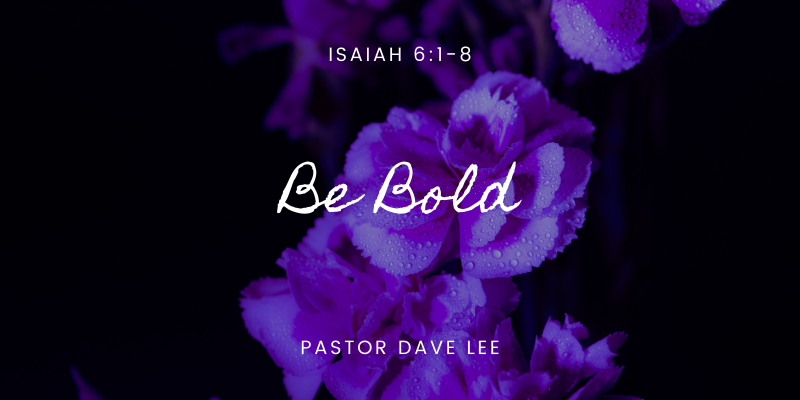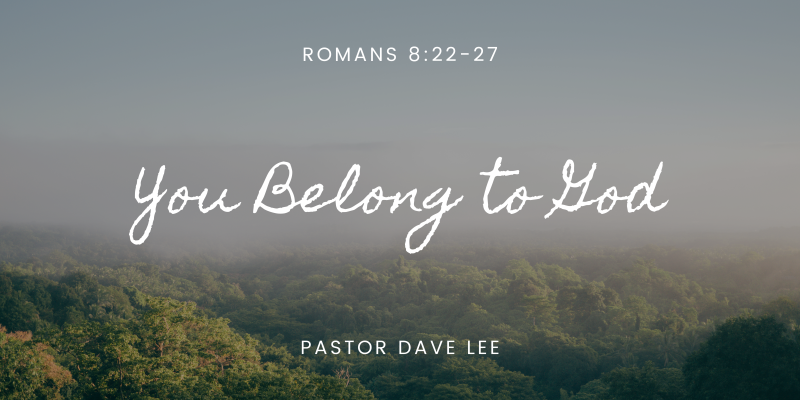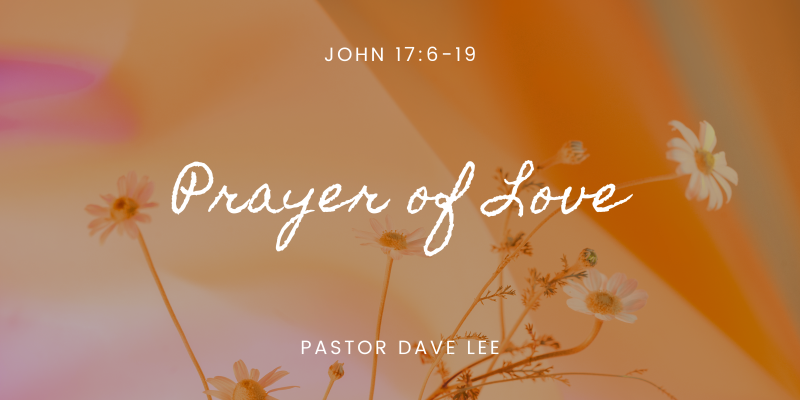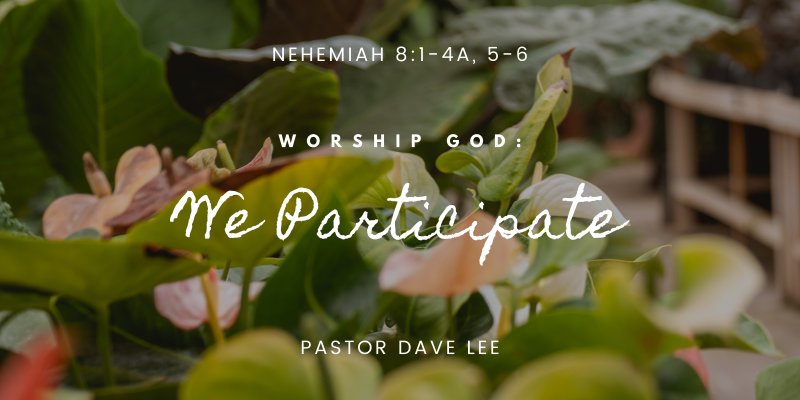Scripture Passage Lamentations 3:22-33 22 Because of the Lord’s great love we are not consumed, for his compassions never fail.23 They are new every morning; great is your faithfulness.24 I say to myself, “The Lord is my portion; therefore I will wait for him.” 25 The Lord is good to those whose hope is in him, to the one who seeks him;26 it is good to wait quietly for the salvation […]
Jesus Cares
Scripture Passage Mark 4:35-41 35 On that day, when evening had come, he said to them, “Let us go across to the other side.” 36 And leaving the crowd behind, they took him with them in the boat, just as he was. Other boats were with him. 37 A great windstorm arose, and the waves beat into the boat, so […]
Be Bold
Scripture Passage Isaiah 6:1-8 In the year that King Uzziah died, I saw the Lord, high and exalted, seated on a throne; and the train of his robe filled the temple. 2 Above him were seraphim, each with six wings: With two wings they covered their faces, with two they covered their feet, and with two they were flying. 3 And they were calling to one another: […]
You Belong to God
Scripture Passage Romans 8:22-27 22 We know that the whole creation has been groaning as in the pains of childbirth right up to the present time. 23 Not only so, but we ourselves, who have the firstfruits of the Spirit, groan inwardly as we wait eagerly for our adoption to sonship, the redemption of our bodies. 24 For in this hope we were saved. But […]
Prayer of Love
Scripture Passage John 17:6-19 6 “I have revealed you to those whom you gave me out of the world. They were yours; you gave them to me and they have obeyed your word. 7 Now they know that everything you have given me comes from you. 8 For I gave them the words you gave me and they accepted them. They knew with […]
Worship God: We Participate
Scripture Passage Nehemiah 8:1-4a, 5-6 1 all the people came together as one in the square before the Water Gate. They told Ezra the teacher of the Law to bring out the Book of the Law of Moses, which the Lord had commanded for Israel. 2 So on the first day of the seventh month Ezra the priest brought the Law before the […]

